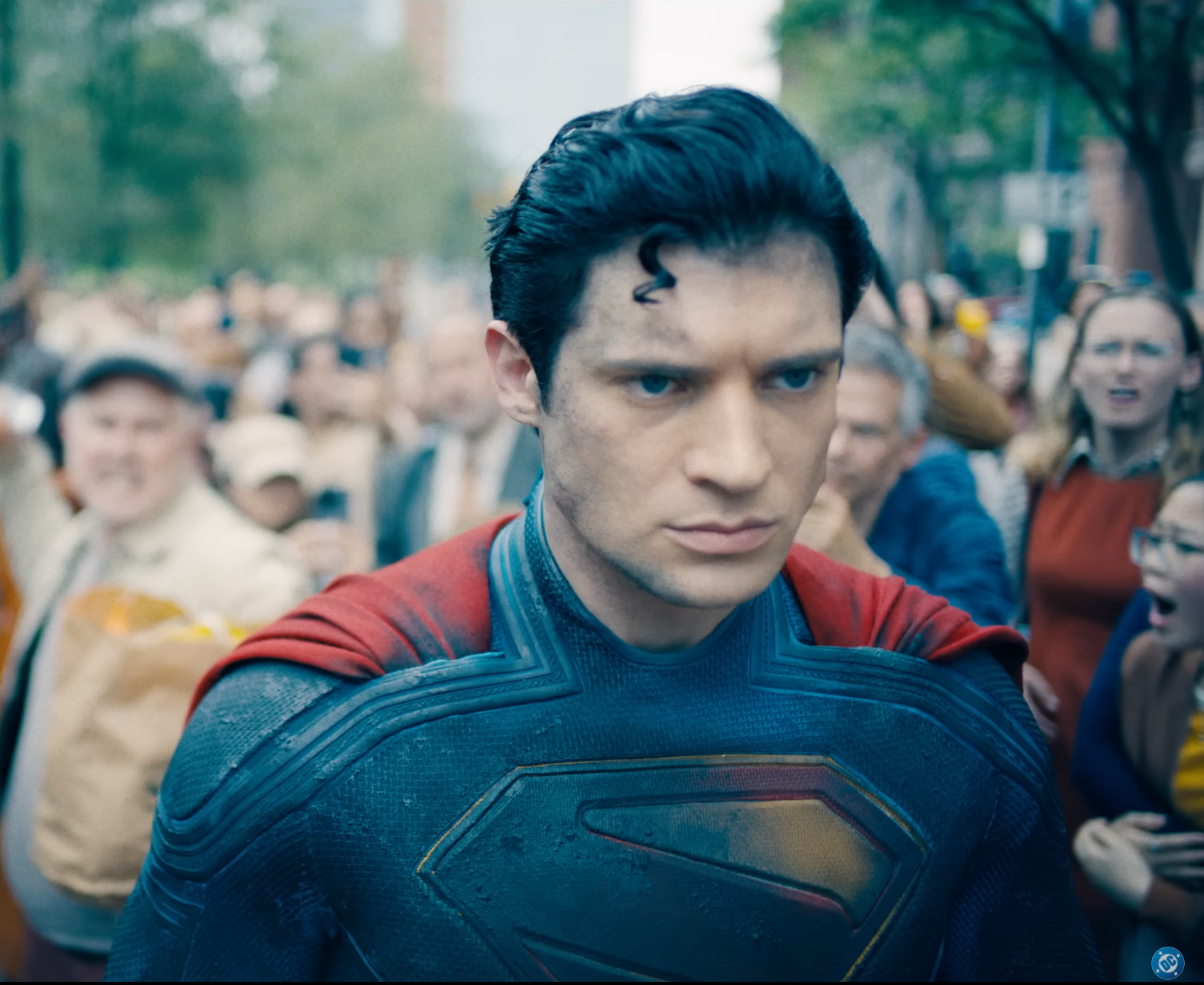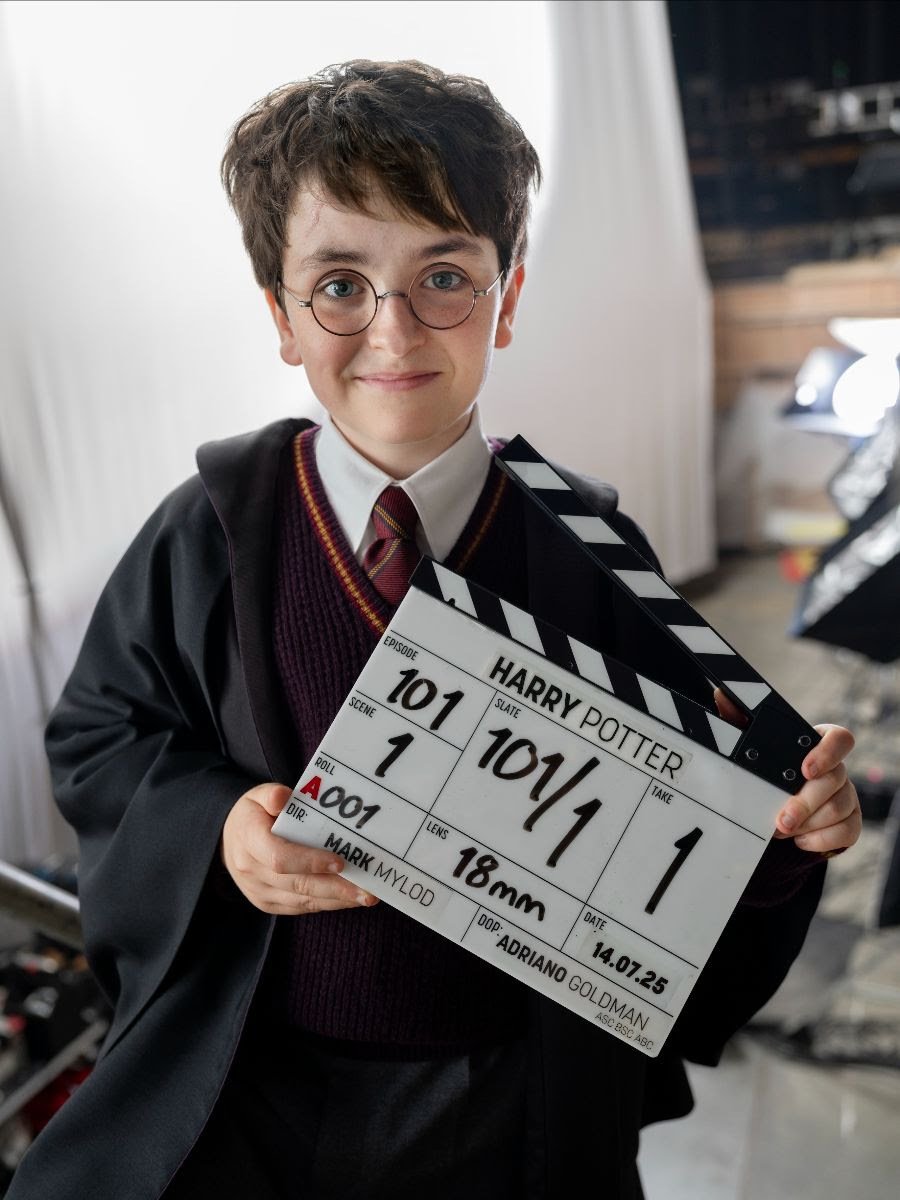
Jay Bahadur did not know on what he was getting into in Somalia.
The rookie journalist had an inspiring chance encounter with his idol and uprooted himself to Somalia in seeking the story of a lifetime. In Somalia, he hooked up with a local fixer and tried to befriend local Somali pirates.
The film stars Evan Peters, Al Pacino, Melanie Griffith and Barkhad Abdi. Bryan Buckley wrote and directed the movie based off the book of the same title.
LRM had a sit-down interview with actors Evan Peters, Barkhad Abdi and director/writer Bryan Buckley earlier this month.
The Pirates of Somalia opened for limited release in Los Angeles and New York.
Read our interview transcript below.
LRM: It’s a fascinating movie. Let’s start with the basic question—where did the original idea came from to make the movie—The Pirates of Somalia?
Bryan Buckley: It’s from a reference book that I’ve read. It was the only one that was available while I was doing a short film called Assad down in South Africa. That was based on Somalis and piracy. I was reading the book and concluded, “This is a fascinating story!” In twenty pages, the intro was Jay [Bahadur] was 24 years old and gone over there without any prior knowledge of Somalia.
It was fascinating that he went into this world that no one was willing to go into and told his side of the story. I bought the rights to it.
LRM: So for the both of you, what specifically attracted you to this project? Did either of you read the book?
Evan Peters: Yeah, I read the book. What attracted me to it was that I met with Bryan—he has such a passion for Somali culture. I liked the idea that he told me about Black Hawk Down on how the Somali culture was portrayed in that. This film is about portraying the Somali culture for what it really is and how they have gotten a bad rap. It’s about on how they ended up in piracy and the only outlet for young men sometimes. It’s over the circumstances that made that happened.
To me, it’s about going to South Africa. I’ve never been to Africa. Unfortunately, I didn’t get to go to Somalia. It’s still an opportunity to talk to Somalis, meet with Somalis and work with Somali culture to enlighten myself as to who they really are than how they’ve been portrayed.
Barkhad Abdi: For me, I’ve heard of Jay before the script was sent to me and I haven’t read the book yet. I did read the book after that. Mainly, I loved the script. The script was well-written and something different. It’s obviously like doing another pirate movie, but this was more in-depth and showing the culture. I had supported it and enjoyed the experience.
LRM: What was your specific reaction when you got the script? Obviously, it is another Somali pirate movie in which you did Captain Phillips before. Were you hesitant?
Barkhad Abdi: I was not. I loved it! I called [Bryan] and found him such to be a great guy. I knew some of his work. I was hooked on to this right away.
LRM: How did you want to accurately depict Somalia for this film? The depiction of the real Somalia is very important. Did you have consultants? Did Barkhad Abdi helped you out?
Bryan Buckley: By having had extensive experience over there working in refugee camps in Northern Kenya, you start to get the sense of the culture. Later, we worked on another film called Assad, in which later went on to get an Oscar nomination. In that film, we used a lot of refugees from Somalia in South Africa. We trained them to work with some of them. We went to the chief elders man with the script. We learned that was the way to go by going to the community to get them to sign off on it rather than approaching people on the street to be part of the project.
By the time we got to this film three years later, there was already a fledgling world of acting that was coming up. There was more of a system in place, but we still used the same process to take the streets with the casting. We wanted to find people who acted once or never acted before. We wanted them to read to get a sense of them on camera, but mainly on the sense of who they were. We started a workshop and pick the people who worked out best.
Once we picked those people, Barhad had came over to this project. He even worked within the community, because he knew a lot of the folks who were there from his previous experiences. We were able to workshop with the actors. It is a community-based film. I acquainted to a very large high school theater. You had to draw from them. People had the time to participate in the piece and train them.
They’re not professional actors. The next day, they’re back to work. We had real people there. In some days, they were in jail. [Laughs] So, “Yeah. The guy is not showing today!”
We tried in great lengths to be accurate. And then, let it flow within the work. I was really fun and such a great experience in that way.
Something about Somali culture—if there’s something wrong—they’ll tell you. There is no “I think you kind of got it right.” You’ll be told immediately that this isn’t right. Being active to that, I remembered we had a prayer scene in the film during the day. No one wanted to pray at that moment. We respected that. We didn’t want to do anything that would make anyone uncomfortable. We tried to adhere to that in the spirit of the piece.
LRM: Out of curiosity, what percentage you say were Somalian refugees in the movie?
Bryan Buckley: One hundred percent.
LRM: One hundred percent? Besides Evan, of course! [Laughs]
Bryan Buckley: It’s a hundred percent. We didn’t use anybody who wasn’t [Somalian]. You can bring in a Kenyan actor or actress to try to do the part. It’s just so weird. Even if you wanted to, you just couldn’t go there. Even if your back was against the wall, we can only say we can’t shoot that day. Everybody in that film was a Somali refugee. Everybody.
LRM: Evan, being the non-Somalian on the set, what did you learn about their culture?
Evan Peters: I’ve learned that they’re a culture that holds everything dear to them with humor and laughter. They’re just incredibly, warm inviting people. They talk a lot. They’re friendly. I found them to be incredibly welcoming and not scary. It’s not like on how they’ve been depicted.
Initially, you didn’t know on what is going to happen. Like Jay, you didn’t know what to expect. Also, a lot of them are not being actors. I remembered meeting up with Garaad [played by Mohamed Osmail Ibrahim]. He was an intense guy.
Barkhad Abdi: [Laughs] Yeah. That guy.
Evan Peters: What was it that he ended up wanting? He wanted something that was so simple. I can’t remember on what it was.
Barkhad Abdi: He was trying to leave in the middle of the shoot.
Evan Peters: [Laughs] He just wanted to go home. He was tired. [Laughs]
Every misconception I had was all shattered. It wasn’t the truth. It wasn’t all real. I found them to be a really warm, inviting community. They were thrown into this circumstance. I found compassion and empathy for them. I saw a lot of humor. They valued that. They also valued family.
The clan thing was something I noticed. We all hold our families close to be near and dear. They do it to even a greater degree, which I think is very cool and very admirable. I learned a lot.
LRM: I understand you two developed a pretty strong friendship during this production. How did that go and what was it like working with each other?
Evan Peters: I basically needed Barkhad the whole time to translate in the car. I didn’t know on what everybody was saying. They spoke a little bit of English. But, I had to turn to Barkhad to ask them on what they were saying.
Barkhad Abdi: That guy, your friend, was totally talking to you.
Evan Peters: The big guy. [Laughs] My boy, Omar. This guy is six-foot-seven, three hundred pounds and singing. He was high most of the day. [Laughs] It was really cool. He taught me some Somali songs.
Barkhad Abdi: He did taught you that song.
Evan Peters: It was great. It was a really fun experience. But, I could not have done it without Barkhad. Honestly, I would’ve been completely in the dark. It was great.
Barkhad Abdi: I had a great time with Evan. He has a great sense of humor. He has a great personality. As the movie [production] proceeds, we got to know more of each other. By the end, we were already friends. We didn’t rush anything and lived day-by-day. That’s how we came together.
Evan Peters: That scene at the end of the movie at the airport—we shot that at the very, very end of [production]. By that time, it was really sad. It was sad to leave everybody.
Bryan Buckley: You have these relationships with these guys and now you have to say your goodbyes. He’s literally saying his goodbyes. He had to say his goodbye to Omar. Let me give him a big hug. [Laughs] It was real.
The Pirates of Somalia is currently playing in theaters as limited release.
Source: Exclusive to LRM

 FOR FANBOYS, BY FANBOYS
Have you checked out LRM Online’s official podcasts and videos on The Genreverse Podcast Network? Available on YouTube and all your favorite podcast apps, This multimedia empire includes The Daily CoG, Breaking Geek Radio: The Podcast, GeekScholars Movie News, Anime-Versal Review Podcast, and our Star Wars dedicated podcast The Cantina. Check it out by listening on all your favorite podcast apps, or watching on YouTube!
Subscribe on: Apple Podcasts | Spotify | SoundCloud | Stitcher | Google Play
FOR FANBOYS, BY FANBOYS
Have you checked out LRM Online’s official podcasts and videos on The Genreverse Podcast Network? Available on YouTube and all your favorite podcast apps, This multimedia empire includes The Daily CoG, Breaking Geek Radio: The Podcast, GeekScholars Movie News, Anime-Versal Review Podcast, and our Star Wars dedicated podcast The Cantina. Check it out by listening on all your favorite podcast apps, or watching on YouTube!
Subscribe on: Apple Podcasts | Spotify | SoundCloud | Stitcher | Google Play



